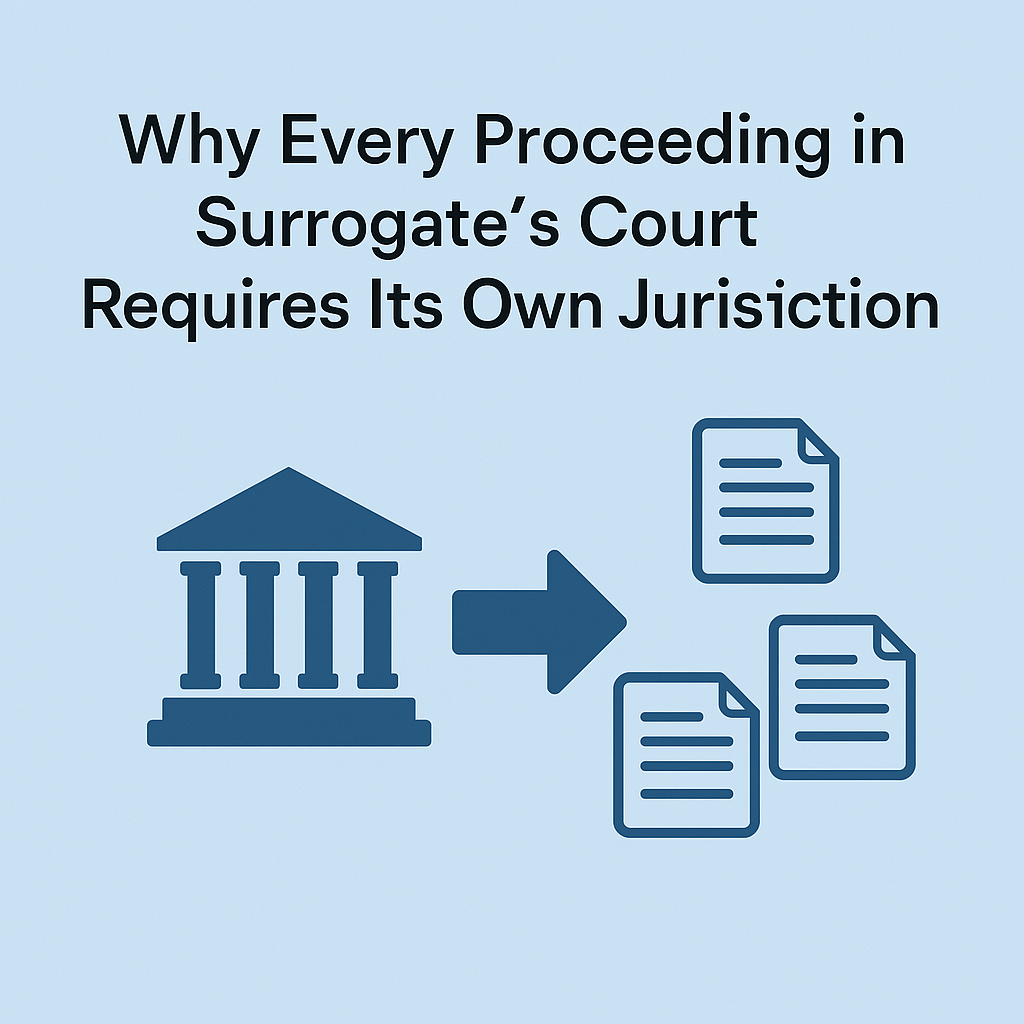On March 10, 2022, in Compliance Assistance Release No. 2022-01, the Employee Benefits Security Administration of the U.S. Department of Labor cautioned fiduciaries of 401(k) plans to exercise extreme care before adding a cryptocurrency option to a 401(k) plan's investment menu for plan participants.
The Department of Labor stated that cryptocurrencies pose significant risks and challenges for several reasons:
- They are highly speculative and volatile investments: "Extreme volatility can have a devastating impact on participants, especially those approaching retirement and those with substantial allocations to cryptocurrency."
- Cryptocurrencies can lure non-expert plan participants with "great expectations of high returns and little appreciation of the risks the investments pose to their retirement investments."
- Cryptocurrencies have custodial and record-keeping issues: Losing or forgetting a password to a digital wallet can result in the loss of the asset forever, and other methods of holding cryptocurrencies can be vulnerable to hackers and theft.
- Cryptocurrencies are hard to value.
- Rules and regulations governing cryptocurrencies are still evolving.
Fiduciaries have duties of prudence and loyalty, and fiduciaries who breach these duties are personally liable for any losses to the plan resulting from that breach. The DOL stated that a fiduciary's consideration of whether to include an option for participants to invest in cryptocurrencies is subject to these exacting responsibilities. When defined contribution plans (such as a 401(k) plan) offer a menu of investment options to plan participants, the responsible fiduciaries have an obligation to ensure the prudence of the options on an ongoing basis. Failing to remove imprudent options is a breach of duty.
The Department of Labor cautioned that it intends to investigate plans that offer participant investments in cryptocurrencies: "The plan fiduciaries responsible for overseeing such investment options or allowing such investments through brokerage windows should expect to be questioned about how they can square their actions with their duties of prudence and loyalty in light of the risks described above."
Hani Sarji
New York lawyer who cares about people, is fascinated by technology, and is writing his next book, Estate of Confusion: New York.





Leave a Comment